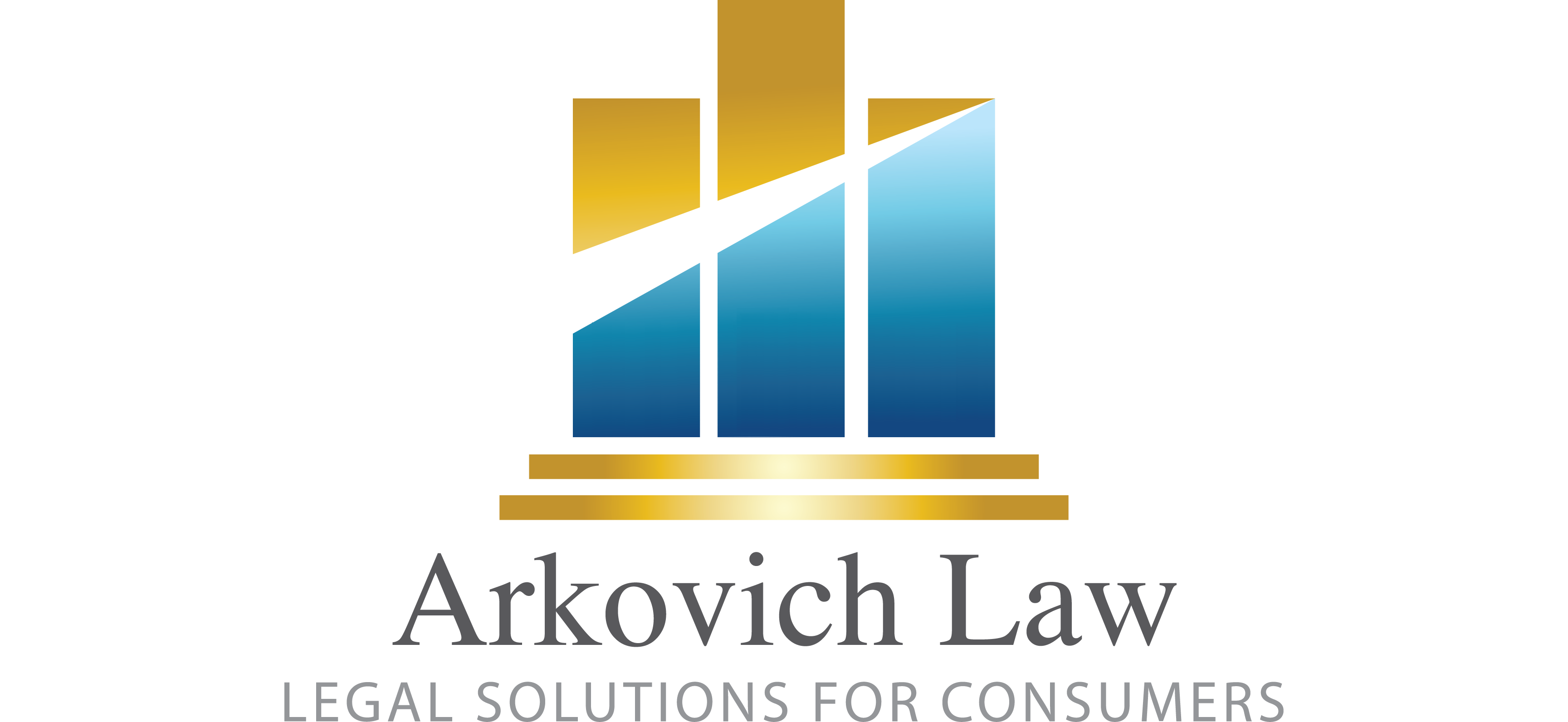Tampa Student Loan and Bankruptcy Attorney Blog — July 1, 2023
Basically, a Rule 2004 exam is just like any other deposition. In every bankruptcy case, a 341 creditors meeting is set approximately five weeks after a bankruptcy petition is filed. A 341 examination is usually short (about 15 minutes on average) and viewed as the only opportunity for a creditor, trustee or other interested person to ask questions of debtor under oath. Rather than the “only” opportunity to test the debtor on the merits of his or her case, a 341 meeting is actually only the “first” opportunity to ask a debtor questions about their financial history or other relevant matter. A much lesser used option exists to get a debtor under oath – the Rule 2004 Exam.
A 2004 exam can cover your pre-filing actions or conduct. Often a debtor’s financial condition and debts are the prime focus of the exam. Many 2004 exams are associated with a possible action to deny a bankruptcy discharge or some other adversarial case. It is more formal and often involves production of documents.
Don’t forget-under § 727(a)(3), a discharge can be denied if the debtor, “failed to keep or preserve any recorded information, including books, documents, records, and papers, from which the debtor’s financial condition or business transactions might be ascertained, unless such act or failure to act was justified under all of the circumstances of the case…”
So it’s best to keep good financial records before filing bankruptcy, particularly if you run a business or deal with large transactions.
It’s also best to keep in mind these general tips when conducting yourself during a Rule 2004 exam:
- Tell the truth
- Listen carefully to the question
- Pause to consider the questions before responding
- Don’t agree with an inaccurate summary of the facts (the attorney may try to get the witness to agree to an inaccurate characterization of the facts)
- Never guess
- Never say never (I don’t believe I ever did… OR I don’t recall that ever happening – is a much better answer)
- Answer only the question asked
- Review exhibits completely
- Avoid off the record conversations
- Your attorney – is always in control – if you need a break, ask for a break
- Always listen to your lawyer’s objections
- Do not try to win the case — leave that to your attorney
- If you don’t understand the question, ask that it be restated
- Always avoid emotional outbursts or an angry demeanor!
We hope this has been helpful!
The U.S. Supreme Court’s decision to reject blanket or mass cancellation of federal student loan debt yesterday, will likely lead to more individualized cases by debtors to discharge this student loan debt in bankruptcy under the new DOJ/USED guidelines in an adversary case. We’ll likely have a few 2004 exams of our student loan borrowers. We have handled many of these cases and if you are wondering if your student loans could be discharged in a bankruptcy, please click below to talk with us.







